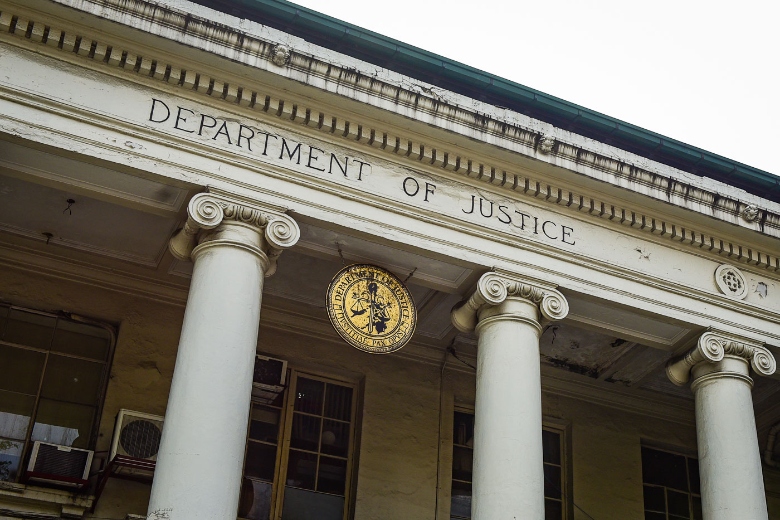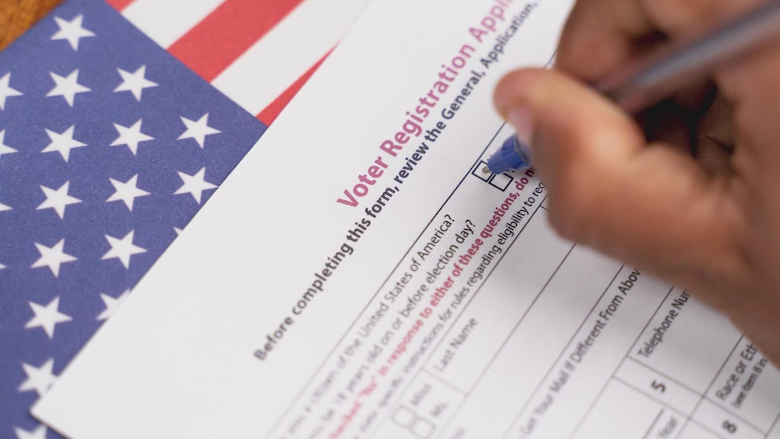‘Illegal Secret Deal:’ Musk Claims European Union Tried to Blackmail X into Censorship
In a bold and unprecedented accusation, Elon Musk has claimed that the European Union attempted to blackmail his social media platform, X, into implementing censorship measures. This revelation, shared by Musk on his Twitter account, has ignited a firestorm of debate over the reach and power of regulatory bodies in controlling online content.

According to Musk, the European Union made a clandestine attempt to pressure X into compliance with specific censorship policies, threatening severe consequences if these demands were not met. Musk took to Twitter to express his outrage, stating,
“An illegal secret deal to censor content on X. This is unacceptable and a threat to free speech” .
The Allegations and Their Implications
Musk’s allegations come amid an ongoing tussle between his platform and the European Union over compliance with the Digital Services Act (DSA). The DSA, a stringent set of regulations aimed at curbing online misinformation and hate speech, has been a point of contention for many tech companies. The EU insists that platforms like X adhere to these regulations to ensure a safer online environment for users.
However, Musk argues that these regulations are being used as a tool to stifle free expression. In his view, the EU’s approach constitutes a form of blackmail, leveraging regulatory power to enforce compliance through threats rather than collaboration.
The European Union’s Response
In response to Musk’s claims, the European Union has denied any wrongdoing, asserting that its actions are in line with the law and aimed at protecting public interest. A spokesperson for the EU stated, “The Digital Services Act is designed to safeguard users from harmful content and ensure transparency. Any allegations of blackmail are unfounded and distract from the core issue of online safety” .
The European Union’s position underscores its commitment to maintaining stringent controls over digital platforms to prevent the spread of harmful content. This regulatory framework is seen by many as a necessary measure to combat the proliferation of misinformation and protect vulnerable populations from online harm.
Reactions and Wider Impact
The allegations have sparked a significant reaction from various stakeholders. Supporters of Musk argue that the EU’s tactics are overreaching and pose a threat to fundamental freedoms. Critics, however, maintain that regulatory oversight is essential in the digital age to prevent the spread of harmful content and misinformation.
Prominent conservative voices have rallied behind Musk, highlighting the importance of free speech and the dangers of government overreach. This sentiment was echoed by several commentators who see the EU’s actions as a slippery slope towards greater censorship and control.
Legal and Ethical Considerations
The dispute raises critical questions about the balance between regulation and free speech. While there is a consensus on the need to address harmful content online, the methods and extent of regulatory control remain contentious. The allegations of blackmail bring to light the potential for abuse of power by regulatory bodies, emphasizing the need for transparency and accountability in their operations.
Musk’s stance reflects a broader concern within the tech industry about the growing influence of regulatory bodies on digital platforms. The fear is that excessive regulation could stifle innovation and limit the ability of platforms to operate freely.
Conclusion
Elon Musk’s claims of an “illegal secret deal” by the European Union to blackmail X into censorship have reignited the debate over free speech and regulatory power. As the confrontation unfolds, it highlights the delicate balance that must be struck between ensuring online safety and preserving fundamental freedoms.
The outcome of this dispute will likely have far-reaching implications for the tech industry and regulatory practices worldwide. It serves as a reminder of the ongoing struggle to navigate the complexities of digital governance in an era where information flows freely and the boundaries of control are continually tested.


